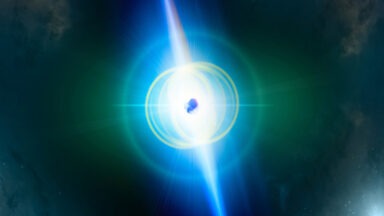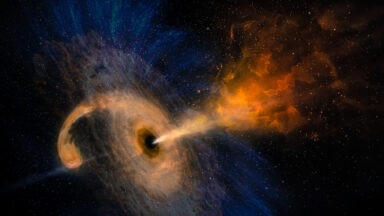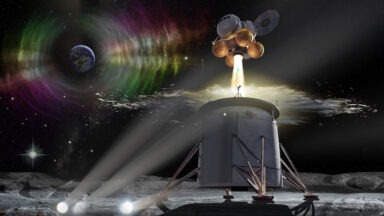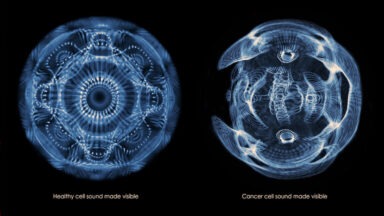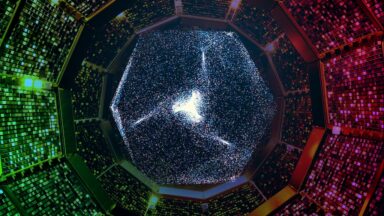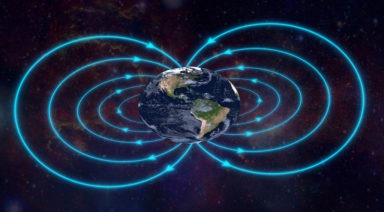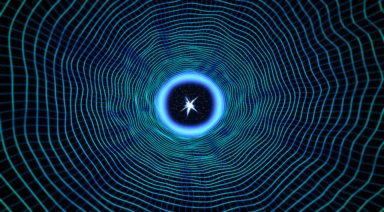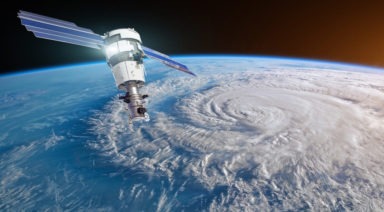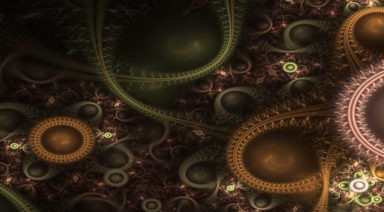Scientists Discover a 12 Mile-Wide Body of Liquid Water on Mars
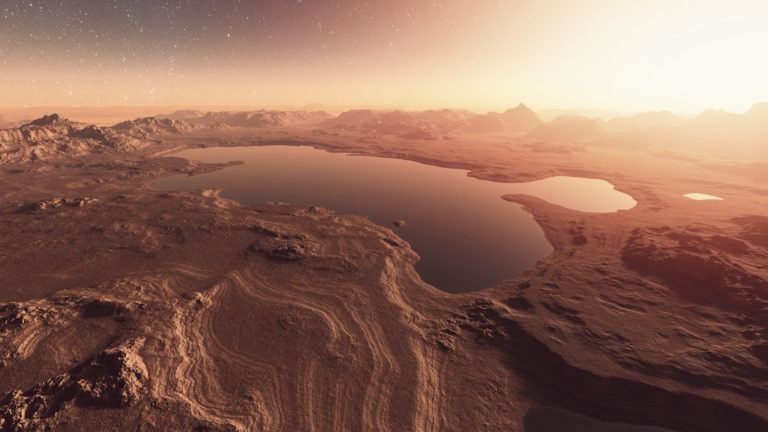
Scientists determined almost definitively that a lake of liquid water exists below the surface of Mars, confirming the long-standing belief that the red planet was once home to massive oceans, and even the possibility that life thrived there. The Mars Express satellite and its MARSIS system discovered the 12.4 mile-wide lake below the planet’s surface by shooting pulses of radar near the planet’s ice caps.
Similar to pockets of subglacial water in Antarctica, the polar ice caps provide pressure and a layer of insulation from the planet’s harsh climate, lowering the melting point and keeping it from freezing. In a paper published in the journal Science, researchers noted that the lake likely consists of more of a briney sludge than a pool of liquid water, the way we’d imagine it on Earth. The temperature where it’s located is a frigid negative 80 degrees Fahrenheit.
The pool is about a mile below ground and according to one scientist involved in the study, contains “a serious quantity of water, on the order of millions of liters.”
MARSIS, the Mars Advanced Radar for Subsurface and Ionosphere Sounding system is only able to detect large bodies of water, meaning a multitude of smaller pockets could exist elsewhere throughout the planet, adding to the possibility that life there was once common.
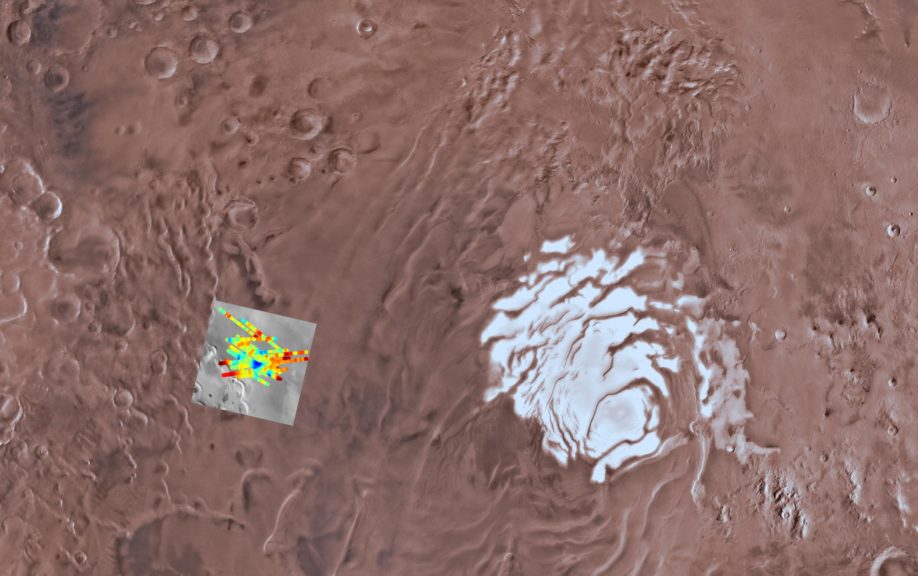
Radar imaging of the body of water near Martian ice caps
The discovery is huge for the prospect of sending a manned mission and eventually colonizing the red planet. The availability of liquid water not only provides a source for humans to drink, it is also a necessary ingredient for manufacturing rocket fuel.
But for those who have been studying the strange anomalies on the planet, including the Face of Cydonia, pyramids, and seemingly artificial features, this discovery is just a drop in the bucket of a much larger disclosure regarding life on the red planet. These abnormalities have led many to believe an ancient civilization may have once existed there before its atmosphere was eventually destroyed by a nuclear winter. Whether that cataclysm was man made or due to a cosmic event has also been debated.
Researchers like Richard Hoagland and Mike Bara believe NASA is withholding current evidence of life on Mars, and the latest announcement has been made numerous times in the past, dating back to discoveries made by the Phoenix lander in 2008.
With recent evidence that NASA accidentally destroyed organic matter collected by the Viking probes 40 years ago, it wouldn’t be a surprise to discover that it has already found evidence of life there.
Watch this Conscious Media interview in which Regina Meredith discusses the possibility of life on Mars with Richard C. Hoagland:
Is This a Solution to the Fermi Paradox?
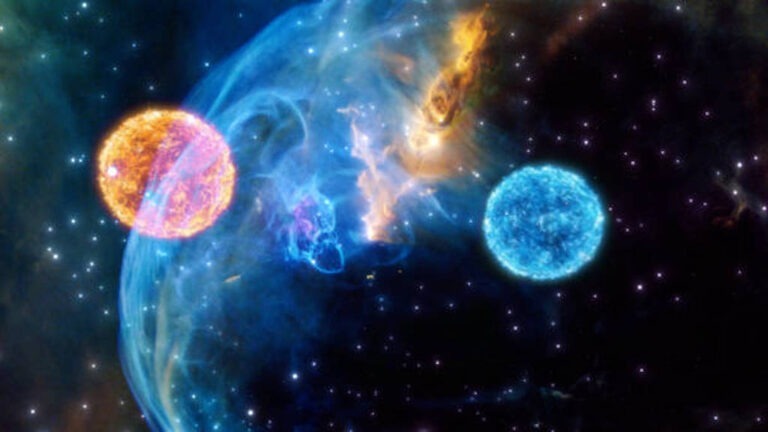
A new theory has been devised on why aliens have never visited Earth, that we know of, as a possible resolution to the Fermi paradox.
Many who are curious about the existence of ETs have heard about the “Fermi paradox,” named after famous astrophysicist Enrico Fermi.
The story goes that in a lunchtime conversation with other astrophysicists who reasoned that, given the vast size and age of the universe it stands to reason, there must be other intelligent life out there, to which Fermi asked, “where is everybody?”
For decades people have tried to answer that question if there are so many possible ET civilizations, where are they? Now, astrobiologists Michael Wong, of the Carnegie Institution for Science, and Stuart Bartlett, of the California Institute of Technology offer their hypothesis, and it’s a bit dark.
Using studies of the growth of cities on Earth, they argue that civilizations grow infinitely but in a finite time. This infinite growth of population and overuse of energy will eventually lead to the death of the civilization or possibly saving themselves.
“We propose a new resolution to the Fermi paradox: civilizations either collapse from burnout or redirect themselves to prioritizing homeostasis, a state where cosmic expansion is no longer a goal, making them difficult to detect remotely.”



